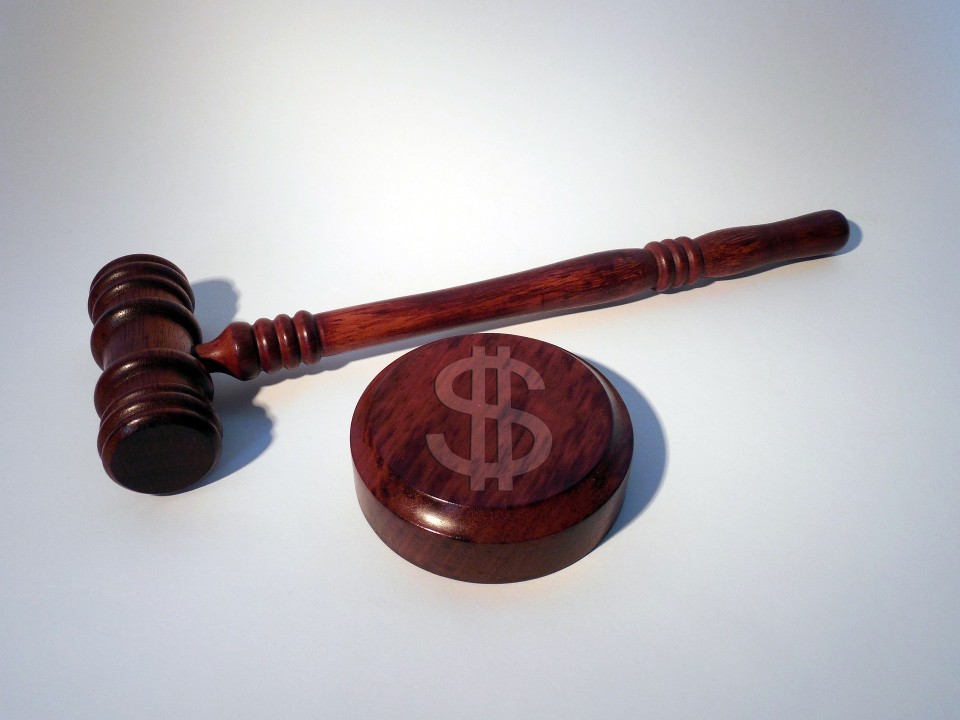
I will tell you two facts about this recent arbitration case, and let you guess how the Court of Appeal concluded. But be warned: your guess will be wrong.
Fact one: The arbitrator found for the buyer (in a dispute over a business sale) based on the arbitrator’s conclusion that the seller’s lack of credibility was “rampant and obvious.”
Fact two: The aggrieved seller petitioned to vacate the award, but did not assert error in this credibility finding.
But the Court of Appeal reversed the arbitration award in FCM Invs. v. Grove Pham, LLC (D4d1 Oct. 17, 2023) No. D080801. The reason: The credibility determination was based on the fact that the seller testified using an interpreter. The arbitrator noted that “Mrs. Pham's use of an interpreter appeared to the Arbitrator to be a ploy to appear less sophisticated than she really is. She has been in the country for decades, has engaged in sophisticated business transactions and has herself functioned as an interpreter.”
That was held to be bias and reversible per se, and not forfeited even though the seller did not argue it in the trial court.
The court held that bias based on language is a form of arbitrator misconduct. And an award must be vacated where "[t]he rights of the party were substantially prejudiced by misconduct of a neutral arbitrator." "Misconduct" in this context includes actions that create a reasonable impression of possible bias. (Betz v. Pankow (1995) 31 Cal.App.4th 1503, 1507-1508 (Betz II).)
What about forfeiture? True, failing to raise an issue in the trial court operates as forfeiture. But forfeiture “is not automatic: appellate courts retain discretion to consider points that were not raised before the trial court. (Velasquez v. Centrome, Inc. (2015) 233 Cal.App.4th 1191, 1210; Redevelopment Agency v. City of Berkeley (1978) 80 Cal.App.3d 158, 167 (Redevelopment Agency).) There are two exceptions to forfeiture, both of which were present here: (1) the bias was clear on the record without need of any further evidence; and (2) the language bias was a matter “involving the public interest or the due administration of justice.” All litigants are entitled to impartial adjudication free from arbitrary considerations of race, gender, or national origin. (Betz v. Pankow (1993) 16 Cal.App.4th 919, 926 (Betz I).)
The court concluded: “Bearing in mind that an arbitration award must be vacated where there is an impression of possible bias irrespective of actual bias, we find that standard amply met. Broad discretion to evaluate witness credibility (Evid. Code, § 780) does not permit credibility assessments rooted in bias.”
The court also noted recent legislation emphasizing the importance of providing interpreters "to all parties who require one" (Gov. Code, § 68092.1, subd. (a)), and drew the inference that “courts cannot, as a matter of public policy, draw adverse credibility inferences from a litigant's decision to exercise that right.”
The holding appears to amount to a categorical rule that an arbitrator may never deny an interpreter, even in cases where this is evidence of gamesmanship. Here, there was no reporter's transcript of the arbitration, which normally means that the reviewing court must presume there was evidence to support the arbitrator’s conclusions of Pham’s facility in English, having served as an interpreter previously. But the Court of Appeal was not persuaded. The court pointed to the respondent-buyer’s pleadings, which noted that Phuong had relied on her daughter as an interpreter during a conference call. This undermined the arbitrator’s conclusion of Phuong’s facility in English.
The fact that a single anecdote can overturn the normal presumptions drawn from an absent oral record suggests that the rule here is a categorical one.